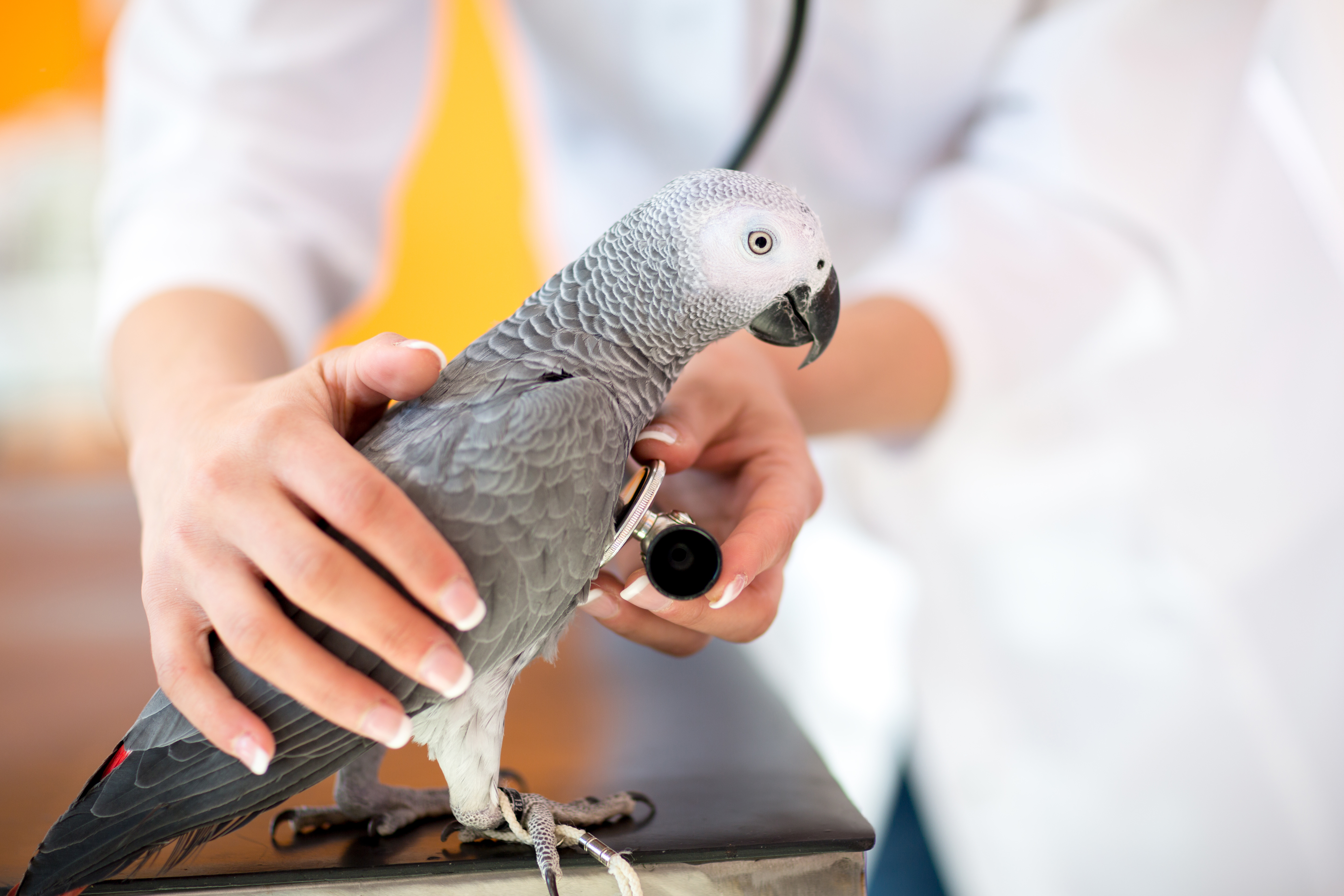Owning a pet brings immense joy to the whole family, but it also comes with responsibilities, including providing proper healthcare. Vet wellness plans have gained popularity as a way to provide comprehensive care for pets. In this article, we delve into the different types of veterinary wellness plans available for dogs and cats, taking into account the age of the pet and how that affects the specifics of a wellness plan.
We'll also discuss the benefits and considerations to help pet owners determine whether these plans are worthwhile for their furry friends.
For Dogs
Puppies (0-1 year)
- Preventive vaccinations: Importance of initial vaccination series and boosters.
- Deworming and parasite prevention: Addressing common internal and external parasites.
- Spaying/neutering: Exploring the benefits and timing for this procedure.
- Dental care: Early introduction to dental hygiene and preventive measures.
- Regular check-ups: Frequency and key considerations during the puppy stage.
Adult Dogs (1-7 years)
- Vaccinations and boosters: Tailoring vaccinations based on lifestyle and risks.
- Dental care: Preventive measures and professional cleanings.
- Heartworm prevention: Understanding the importance of year-round protection.
- Nutritional counseling: Diet recommendations and weight management.
- Wellness exams: Identifying potential health issues and maintaining overall well-being.
Senior Dogs (7+ years)
- Senior-specific health screenings: Early detection of age-related conditions.
- Joint health: Managing arthritis and mobility issues.
- Eye and ear care: Addressing common aging-related concerns.
- Dental health: Regular cleanings and addressing periodontal disease.
- End-of-life care considerations: Palliative care and quality of life assessments.
Learn More About Pet Assure Pet Plans!
For Cats
Kittens (0-1 year)
- Vaccinations: Core vaccinations and additional considerations.
- Deworming and parasite prevention: Addressing common feline parasites.
- Spaying/neutering: Timing and benefits for kittens.
- Dental care: Introducing dental hygiene and preventive measures.
- Regular check-ups: Monitoring growth and development.
Adult Cats (1-7 years)
- Vaccinations: Understanding core and non-core vaccines for cats.
- Dental care: Preventive measures and professional cleanings.
- Nutrition and weight management: Choosing the right diet for adult cats.
- Parasite prevention: Fleas, ticks, and heartworm protection.
- Wellness exams: Early detection of potential health concerns.
Senior Cats (7+ years)
- Senior-specific health screenings: Detecting age-related conditions.
- Joint health: Managing arthritis and promoting mobility.
- Dental health: Regular cleanings and addressing dental diseases.
- Eye and ear care: Addressing common aging-related concerns.
- Palliative care and end-of-life considerations: Enhancing comfort and well-being.
Are Vet Wellness Plans Worthwhile?
Benefits of veterinary wellness plans
- Cost savings: Discounted services and bundled preventive care.
- Peace of mind: Consistent preventive care and early disease detection.
- Tailored care: Plans designed for specific life stages and needs.
- Enhanced pet-owner relationship: Regular interaction with the veterinary team.
Considerations for pet owners
- Affordability: Evaluating costs and comparing different plans.
- Pet's health condition: Assessing if the pet has pre-existing conditions.
- Lifestyle and risk factors: Determining the necessity for specific preventive care.
- Veterinary clinic network: Ensuring convenient access to participating providers.
Vet wellness plans offer pet owners an opportunity to access comprehensive preventive care for their beloved pets. By understanding the different types of plans available for dogs and cats of various ages, pet owners can make informed decisions about the overall health and well-being of their animals.
Ultimately, the decision to invest in a veterinary wellness plan depends on the individual pet's needs, the owner's budget, and the level of care desired. Consultation with a trusted veterinarian is essential in determining the most suitable plan for your furry friend.










